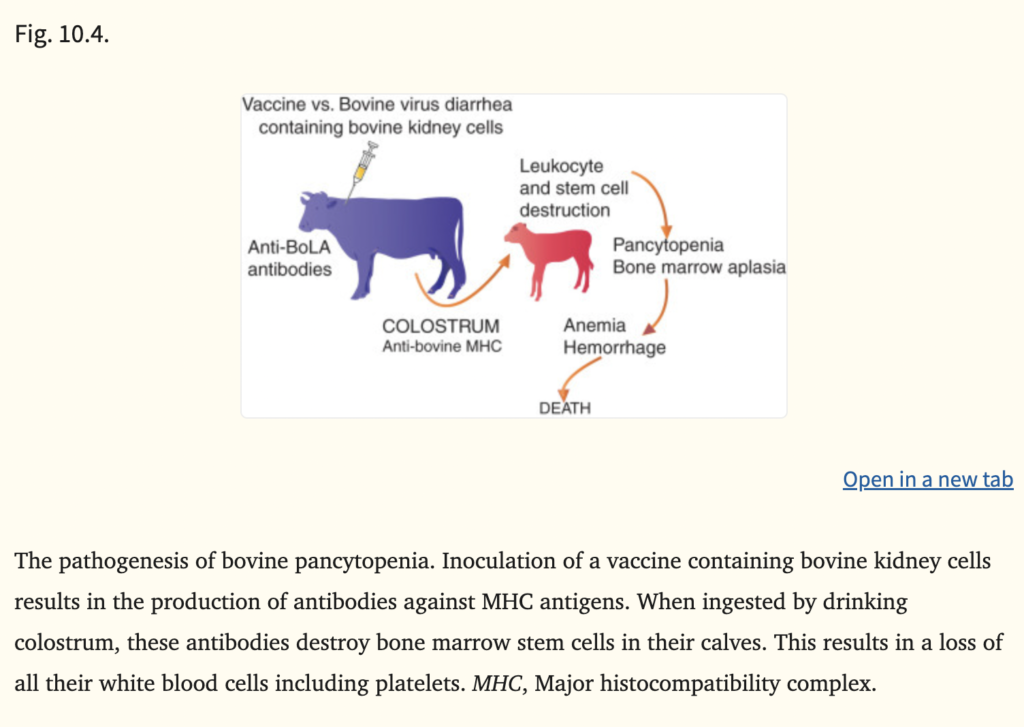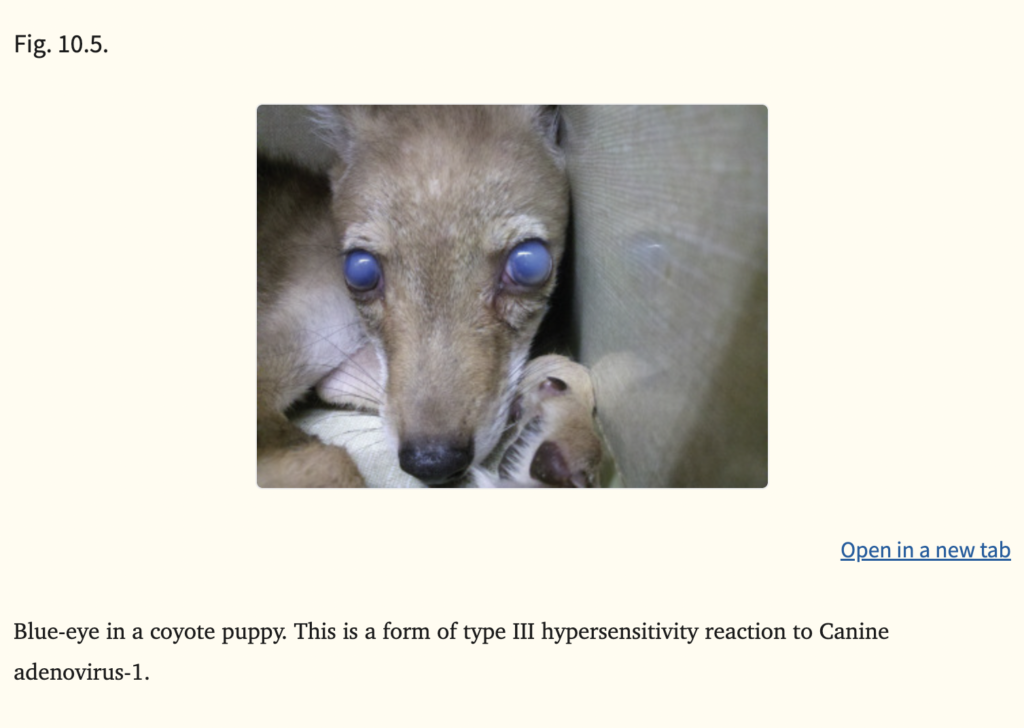You know, when people talk about vaccines, they really like to focus on how safe they are. But honestly, there’s not much talk about the possible side effects, is there? Sometimes, vaccines can cause longer-term health problems, which is something we should probably consider. And then there’s the issue with animals—when they get vaccinated, they can’t tell us if something’s bothering them or if they’re in pain. It’s a bit concerning, don’t you think?
The relationship between vaccines and aggression in dogs is a topic of concern for many pet owners. Vaccines should not be the only way to protect dogs from serious diseases, some owners have reported changes in their dog’s behavior, including aggression, after vaccination. Many people believe that vaccinations can lead to dogs becoming more aggressive.
In India as of 2025, approximately 89,000 street dogs have been vaccinated against rabies in Lucknow and around 26,951 in Mumbai during recent campaigns. The primary vaccine given is for rabies.
Ref:
Humane World for Animals India report on Lucknow’s vaccination efforts [ https://www.humaneworld.org/en/news/84-percent-lucknow-india-street-dogs-sterilized-vaccinated ]
Report on Mumbai’s mass vaccination campaign [ https://www.veterinary-practice.com/2024/over-26000-dogs-vaccinated-in-one-week-in-mumbai-as-momentum-builds-for-rabies-control-across-india ]
BMC’s initiative details [ https://timesofindia.indiatimes.com/city/mumbai/bmc-to-vaccinate-70-percent-of-stray-dogs-against-rabies-by-march-2024/articleshow/107784483.cms ]
Dog bites, particularly from street dogs, represent a significant public health concern globally.
In Telangana, a six-year-old boy was killed by stray dogs, highlighting a troubling increase in dog attack incidents across India, which rose by 26.5% last year. A recent viral video showed a woman attacked by a pack of dogs during her morning walk, emphasizing the growing menace of stray dogs. The Ministry of Health reported 2.75 million dog bite incidents in 2023, with Maharashtra having the highest cases. The central government has urged states to improve data collection on dog bites to enhance public health responses.
Research suggests that the rabies vaccine is one of the most commonly associated vaccines with behavioral changes, including aggression, in dogs. The rabies vaccine contains adjuvants, such as aluminum, which can cause immune system activation and potentially lead to behavioral changes.
Studies have shown that vaccines can cause immune system activation, which can lead to inflammation and potentially affect brain function. This inflammation can manifest as behavioral changes, including aggression, anxiety, and fear-based behaviors.
Several factors can contribute to vaccine-associated aggression in dogs, including:
- Individual sensitivity: Dogs have different sensitivities and reactions to vaccines, and some may be more susceptible to experiencing behavioral changes.
- Vaccine components: Vaccines contain specific components, such as adjuvants or preservatives, which can cause allergic reactions or immune system activation, leading to behavioral changes.
- Stress and anxiety: Veterinary visits, including vaccinations, can induce stress and anxiety in dogs, which can trigger temporary changes in behavior.
Ref:
- Dog Behavior Change After Vaccination [ https://www.brentwoodvet.com/site/blog/2023/09/15/dog-behavior-change-after-vaccination ]
- Rabies Vaccination and Aggression in Dogs [ https://www.dogsnaturallymagazine.com/rabies-vaccination-and-aggression-in-dogs/ ] and [https://www.dogsnaturallymagazine.com/five-vaccine-ingredients-that-can-harm-your-dog/]
- Anti-Rabies Vaccine: Does It Really Change Your Dog’s Behavior? [ https://veterinarysecrets.com/anti-rabies-vaccine-does-it-really-change-your-dogs-behavior/ ]
- The importance of adverse effects from vaccination [ https://pmc.ncbi.nlm.nih.gov/articles/PMC7348619/ ]
- Dog Behavior Change After Vaccination [ https://www.southnovatoanimalhospital.com/site/blog/2024/02/15/dog-behavior-change-after-vaccination ]
- Understanding the Links Between Rabies Vaccines and Dog Behavior [ https://veterinarysecrets.com/anti-rabies-vaccine-does-it-really-change-your-dogs-behavior/]
- What to Expect After Your Dog’s Vaccinations [ https://www.rivergateveterinaryclinic.com/site/blog/2023/12/31/dog-behavior-change-after-vaccination ]
To this day I wonder if these sickening vaccines affected one of my own precious little dogs that we lost at only 3 years old – she probably never even needed them 😞
— “Sudden And Unexpected” (@toobaffled) July 13, 2024
I swear I WILL NEVER, EVER Vaccinate another Pet –
if only I knew then, what I know now 😢
Over-vaccinating… pic.twitter.com/4eq1XTJQXe
Potential side effects of vaccinations in dogs, as described in the sources, include:
Based on the provided sources, vaccinations for dogs, including stray dogs, can have potential side effects.
- Innate immune reactions: These can manifest as mild transient injection site reactions due to inflammation, appearing within two to three days. This inflammation is necessary for efficient protection but may cause pain or pruritus. Normal postvaccinal responses, resolving within 12 to 24 hours, include lethargy, anorexia, soreness, minor behavioral changes, and tenderness at the vaccine site. Less commonly, swellings may develop at the injection site, appearing within 24 hours and lasting about a week.
- Hypersensitivity responses (Allergic Reactions): Vaccines have the potential to cause rare but serious allergic reactions (type I hypersensitivity). These can occur in response to the immunizing antigen or other components like trace amounts of fetal calf serum, egg proteins, gelatin, or antibiotics (e.g., neomycin). Severe allergic responses have been associated with certain killed vaccines in cattle, with signs including angioedema (mainly affecting the head and ears), urticaria, pruritus, acute-onset diarrhea, vomiting, dyspnea, and collapse. Anaphylaxis is a life-threatening medical emergency and a severe form of type I hypersensitivity. A large study of over a million dogs found that 31.7% of recorded adverse events were considered allergic reactions, and 1.7% were classified as anaphylaxis. Type I hypersensitivity reactions are immediate responses occurring within a few minutes after exposure.
- Other potential risks: These include residual virulence and toxicity, disease in immunodeficient hosts, neurological complications, and harmful effects on the fetus.


Ref:
- https://pmc.ncbi.nlm.nih.gov/articles/PMC7348619/
- https://www.npr.org/sections/health-shots/2023/10/11/1205016558/canine-vaccine-hesitancy-dogs-rabies
- https://www.frontiersin.org/journals/veterinary-science/articles/10.3389/fvets.2017.00052/full
In India, dog vaccinations are categorized into core and non-core vaccines. Core vaccines are essential for all dogs due to the serious nature of the diseases they prevent, while non-core vaccines are recommended based on a dog’s lifestyle and risk factors.
Core Vaccines
- Rabies:
- Importance: Rabies is a fatal viral disease that affects both dogs and humans. Vaccination against rabies is legally required in India.
- Schedule: The first vaccination is typically given at 12 weeks of age, followed by booster shots every one to three years depending on local regulations.
- DHPP (Distemper, Hepatitis, Parvovirus, Parainfluenza):
- Importance: This combination vaccine protects against several serious diseases:
- Distemper: A highly contagious viral disease affecting the respiratory and nervous systems.
- Hepatitis: A viral infection that can cause liver damage.
- Parvovirus: A severe gastrointestinal virus that can be deadly, especially in puppies.
- Parainfluenza: A respiratory virus contributing to kennel cough.
- Schedule: Administered in a series starting at 6-8 weeks of age with boosters typically given every one to three years.
- Importance: This combination vaccine protects against several serious diseases:
- Leptospirosis:
- Importance: This bacterial infection affects the kidneys and liver and can be transmitted to humans.
- Schedule: Recommended annually after the initial series.
Non-Core Vaccines
- Bordetella (Kennel Cough):
- Importance: Protects against a highly contagious respiratory infection common in places where dogs congregate.
- Schedule: Often recommended for dogs that socialize frequently; may require annual boosters.
- Canine Influenza (Dog Flu):
- Importance: Protects against an infectious respiratory disease that can spread rapidly among dogs.
- Schedule: Recommended based on exposure risk; may require annual boosters.
- Lyme Disease Vaccine:
- Importance: Prevents Lyme disease caused by tick bites, which can lead to serious health issues.
- Schedule: Recommended for dogs exposed to ticks; may require annual boosters.
- Canine Coronavirus Vaccine (CCoV):
- Importance: Protects against a virus causing gastrointestinal illness in dogs.
- Schedule: Recommended based on exposure risk; may require annual boosters.
Side Effects of Dog Vaccines
- Common Side Effects:
- Swelling or tenderness at the injection site
- Mild fever
- Lethargy or decreased appetite
- Slight vomiting or diarrhea
- Serious Side Effects :
- Severe allergic reactions (anaphylaxis), which may include difficulty breathing or swelling of the face
- Autoimmune disorders or other significant health issues in specific breeds
Comprehensive guide on dog vaccination schedules and types [ https://www.dogseechew.in/blog/a-to-z-guide-for-dog-vaccination ]
Overview of dog vaccination importance and common diseases [ https://www.ezylegal.in/blogs/dog-vaccinations-in-india ]
Information about core and non-core vaccines [ https://himalayawellness.in/a/blog/pet-vaccination?srsltid=AfmBOoqkJXJkKwh6Dd7ZQx6Kl-LvalgwyP6Kj4SUw6rb0bkaM3_DvIs8 ]
Vaccination is fraught with problems that weren’t considered even a few short years ago. Vaccination programs should consider the inherent risks of each vaccine given to companion animals. Some vets are able to see through the politics and money that drive revaccination while others can’t. To protect their pets from unnecessary vaccination, pet owners must discover which camp their vet is in.
“I believe that before we continue to inject foreign substances year after year into our pets which I believe can cause them harm, that we should first make sure they absolutely need it. If they don’t, why do it?” says Michael Goldberg DVM. That’s a very good question indeed and one that both vets and pet owners should be able to answer
Stop vaccinating your pets. It’s just an enormous money making scam and shortens your animals’ lives. pic.twitter.com/02l8xnozkm
— Ben🕊️ (@2BJDJ) January 23, 2025
Also Read:
